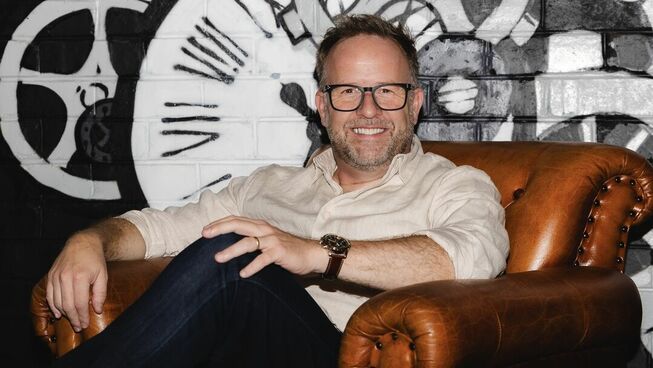The Pope's Exorcist

3 out of 5 stars
Throughout the history of the Catholic Church, it should not be a surprise that the position of the Pope’s Exorcist exists. Father Gabriele Amorth served in this role from 1986 until his death in 2016. During his tenure as the leading exorcist within the Catholic Church, he performed more than 100,000 exorcisms and wrote over 30 books on the topic. His books - An Exorcist Tells His Story and An Exorcist: More Stories - are the inspiration for the latest Hollywood excursion into the realm of the supernatural.
In 1987, Father Amorth (Russell Crowe) is summoned to a Spanish Abbey that was being renovated by a young American family. As he arrives at the remote gothic relic, the priest is confronted by the sight of a preteen boy named Henry (Peter DeSouza-Feighoney), who embodies all signs of demon possession. In most cases of the exorcist’s work, he can recommend medical services for the inflicted person. Yet, this case proved to be an actual possession, and he needed to act quickly to save the boy's life. Enlisting the help of a local priest, Father Esquibel (Daniel Zovatto), the pair and the boy’s family must determine the reason for this demon’s presence and how to get it out of the child’s body.
Trailer contains disturbing details.
Despite carrying the legitimacy of Father Gabriele Amorth’s work as an inspiration, this dramatised tale of demon possession does take this story to cinematic extremes. Yet, director Julius Avery (Samaritain) leans into the charismatic appeal of his lead actor and the audiences’ suspicions of the inner workings of the Catholic Church. These elements give the viewer a fresh perspective on a well-known genre that has seen a resurgence through The Conjuring franchise. Crowe gives his character the gravitas needed to make him a potential supernatural action hero despite the familiarity of the procession narrative. Even though these aspects of the film add freshness to this content, they barely mask the disturbing use of a child as the central focus. Admittedly, Peter DeSouza-Feighoney’s performance is convincing, but it is hard to think he will recover mentally or spiritually from portraying this stricken child.
Still, the questions that this film unpacks leads to many fascinating paths of consideration. Father Gabriele Amorth’s discussions within the film and his quotes about the world’s lack of acknowledgment of the devil’s existence hinted at the famous quote from The Usual Suspects, ‘The greatest trick the devil ever pulled was convincing the world he didn’t exist.’ Regardless of the viewers’ belief in the methodology of this Catholic theologian, he does a masterful job of defending what he believes about God, the power of the Word of God, and Satan’s minions. Discussions and actions should do more than entertain by challenging people to look beyond the theatrics to consider the existence of the spiritual realm.
The Pope’s Exorcist could be simply labelled as another horror movie that contains exorcism as a theme. Still, there is more to consider for those who enjoy these films. Russell Crowe does lift the credibility of this project, but the true value of this narrative is what it forces audiences to consider: Does the spiritual realm exist? If it does, do demons, angels, and God exist, too?
The word becomes film
Russ Matthews' new book is a modern-day parable that introduces a radically easy way of talking about God’s story
If you order the book today you will also receive a complementary study guide that is only available with the purchase of the book (Print or ebook)
More like this ...











